| Built-in JIRA Checkboxes | My Todo (previously ToDo list custom field) | Checklist for JIRA | Issue Actions Todo | Simple Tasklists | ||
|---|---|---|---|---|---|---|
| Price (Oct '20) | n/a | 10 / 85 / 150 / 310 / 650 / 900 / 2200 / 2700 / 3500 | 10 / 25 / 50 / 100 / 200 / 250 / 275 / 325 / 325 | 10 / 90 / 175 / 330 / 675 / 990 / 1350 / 2300 / 2750 | 10 / 55 / 100 / 185 / 565 / 850 / 1060 / 1350 / 1550 | 10 / 50 / 100 / 180 / 300 / 400 / 700 / 1000 / 1000 |
| Price (Feb '16) | n/a | $0 | 10 / 25 / 50 / 100 / 200 / 250 / 275 / 325 / 325 | 10 / 35 / 75 / 150 / 325 / 480 / 650 / 875 / 950 | 10 / 50 / 90 / 160 / 480 / 700 / 900 / 1000 / 1200 | 10 / 20 / 40 / 80 / 125 / 200 / 200 / 400 / 400 |
| Issue View | JIRA only displays the values of checkboxes that have been ticked. | By default only the first two checkboxes are shown, which is bad since it hides even ticked items. Fortunately this behaviour can be turned off, showing all checkboxes: Strikethrough can also be turned off. Stars indicate 'required' fields. One can also set a 'Status' for an item ("Not Applicable", "In Progress", "Blocked"): | Not a custom field, but rather a tab: | Simple Tasklists is not a custom field, but rather some specially formatted text (macro) in the issue description: | ||
| All Checkboxes Ticked | ||||||
| Edit View | Note the ability to edit/delete items on the fly | In edit mode one can tick boxes, set statuses and add/edit new items, | An issue's tasks can be completed by ticking the checkbox, and can be edited by clicking the pencil icon, yielding the same Edit screen used for template editing: | Here are the {task}'s in the description, plus the rendered view on the right. One can also have 'templates', centrally predefined sets of tasks: Then by typing '{tasklist}Milestones{tasklist}' in an issue description or comment, the description expands to template's set of tasks (see previous screenshot). | ||
| Search Results / List View | (Linux users may experience wonky formatting) | Issue actions cannot appear in search results (no field 'list view'). | The only way to view an issue's tasks in search results is by adding the macro to the issue Description, and then adding the 'Description' field to the search columns: The checkboxes work even within search results (as of v1.0.8, see correspondence), which allows one to update tasks rapidly across multiple issues. | |||
Structure View (Note: they're all terrible; see Groovy Script - simplified views of fields) | Issue actions cannot appear in search results (no field 'list view'). | The Structure view renders the first few lines of Description in its 'Summary column'. When those are {task} macros, they do render, but the results are not particularly useful: | ||||
| Searchability | Not searchable. | Search is not possible, but reportedly on the roadmap. See https://answers.atlassian.com/questions/37042662/ability-to-search-for-an-issue-by-tasklist-item-status | ||||
| Configuration | Options are defined centrally: | Options are defined per-issue. New issues acquire the Default Value. Due to what seems like a bug, the Default Value doesn't display. One has to click 'Edit Default Value' to see them: | Options are defined per issue. New issues acquire the Default Value: | Options are defined centrally, but per-issue options may be added by end users, without breaking the link to those centrally defined options. | Todo items are defined per issue. New sets of Todos may be created based on global or project-wide templates. A global template: | Options/Tasks are defined per issue. New issues may acquire a set of options from a referenced Template. |
| Customizability | n/a | n/a | n/a |
| A few tweaks are available: | |
| Internal Database Representation |
11202 |
[{"id":"Overview Doc Written","type":"done"},{"id":"High Level User Stories Written","type":"done"},{"id":"UX Design Developed","type":"done"},{"id":"Eng Tech Spec Written","type":"todo"},{"id":"Eng t-shirt Size & Quarter Commit","type":"todo"},{"id":"All Sprints Scheduled","type":"todo"}] |
[{"description":"Overview Doc Written","checked":true},{"description":"High Level User Stories Written","checked":true},{"description":"UX Design Developed","checked":true},{"description":"Eng Tech Spec Written","checked":false},{"description":"Eng t-shirt Size & Quarter Commit","checked":false},{"description":"All Sprints Scheduled","checked":false},{"description":"All Code Checked In & Tested","checked":false}] |
{"checked":false,"name":"","mandatory":true,"rank":5,"optionId":11215,"version":"3.0","id":11215,"statusId":"none"}{"checked":false,"name":"","mandatory":true,"rank":4,"optionId":11214,"version":"3.0","id":11214,"statusId":"none"}{"checked":false,"name":"","mandatory":true,"rank":3,"optionId":11213,"version":"3.0","id":11213,"statusId":"none"}{"checked":true,"name":"","mandatory":true,"rank":2,"optionId":11212,"version":"3.0","id":11212,"statusId":"none"}{"checked":true,"name":"","mandatory":true,"rank":1,"optionId":11211,"version":"3.0","id":11211,"statusId":"none"}{"checked":true,"name":"","mandatory":false,"rank":0,"optionId":11210,"version":"3.0","id":11210,"statusId":"none"} For per-issue checkboxes, "name" has a value and "optionId" is 0. | A custom table, A group of todos is defined in the | A custom table, Likewise for tasklists: |
| Thoughts |
|
|
|
| Simple Tasklists is interesting, because tasks can be interspersed within a free-form issue description, or added via comments, and are all nicely aggregated by the Task panel. Like in Confluence, tasks can be assigned via @mention reference, and will appear in a user's task tray. The plugin has some limitations and missed opportunities at present:
|
Conclusion
I would recommend Checklist for JIRA, being the only plugin allowing centrally managed Task list definitions (i.e. where you can edit a Task definition once, and see the change across all issues), while still allowing per-issue tasks. Checklist for JIRA also comes with a nice set of JQL filters, and the ability to mark tasks 'Mandatory' and other features. Finally, the fact that it uses the standard custom field API is preferable to plugins that become unique snowflakes by implementing their own database tables.
If you don't mind task lists differing per issue, the free ToDo list custom field plugin does a great job.
The Simple Tasklists and Issue Actions Todo plugins implement their own database back-ends, rather than using the custom field API. As a result, neither allows for searching of issues by todo status, or displaying todo status in gadgets. Neither takes the opportunity to make task definitions reusable. Simple Tasklists is interesting, in that it uses the flexibility of a custom back-end to allow for wiki-like interspersing of tasks with description text and comments.
I shall endeavour to keep this page updated – please drop me a line if anything is incorrect or outdated.
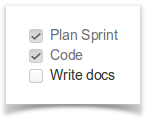

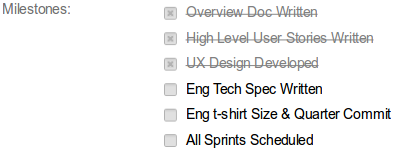
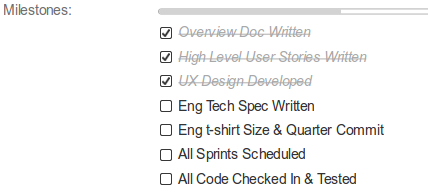

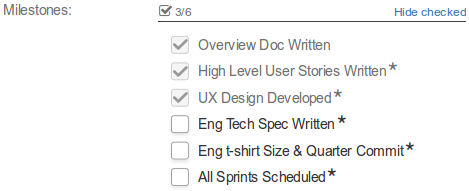
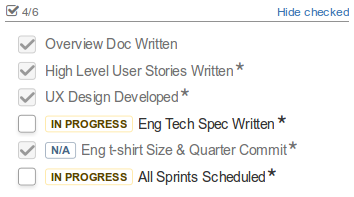
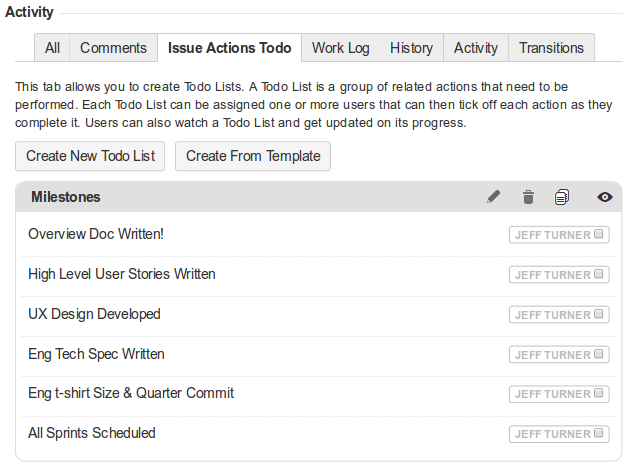
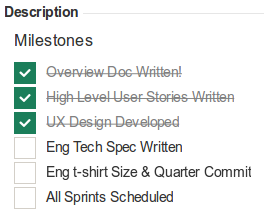

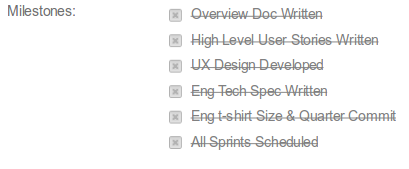

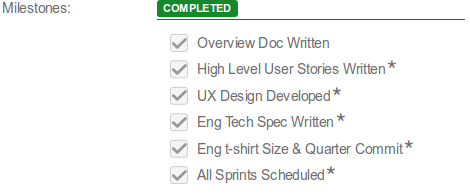
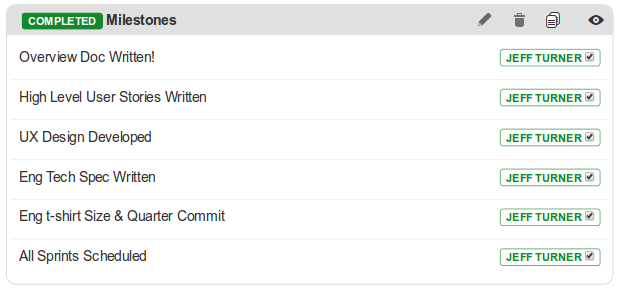
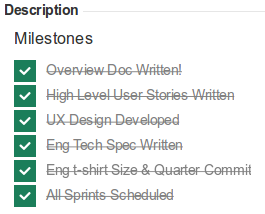
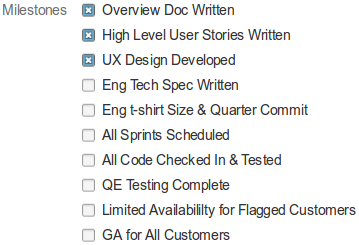
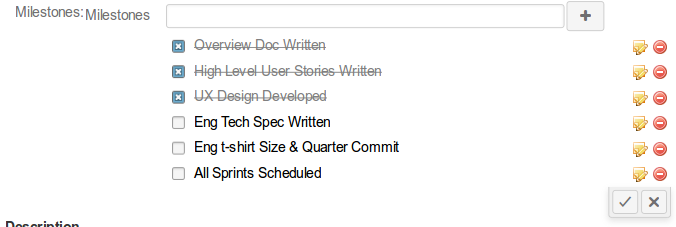

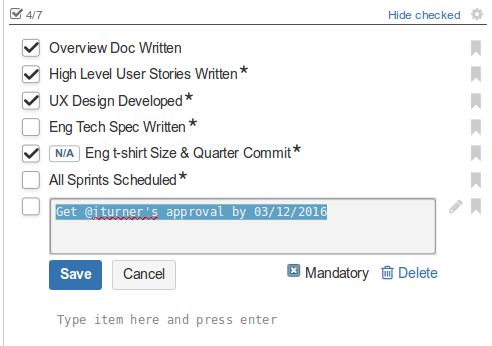
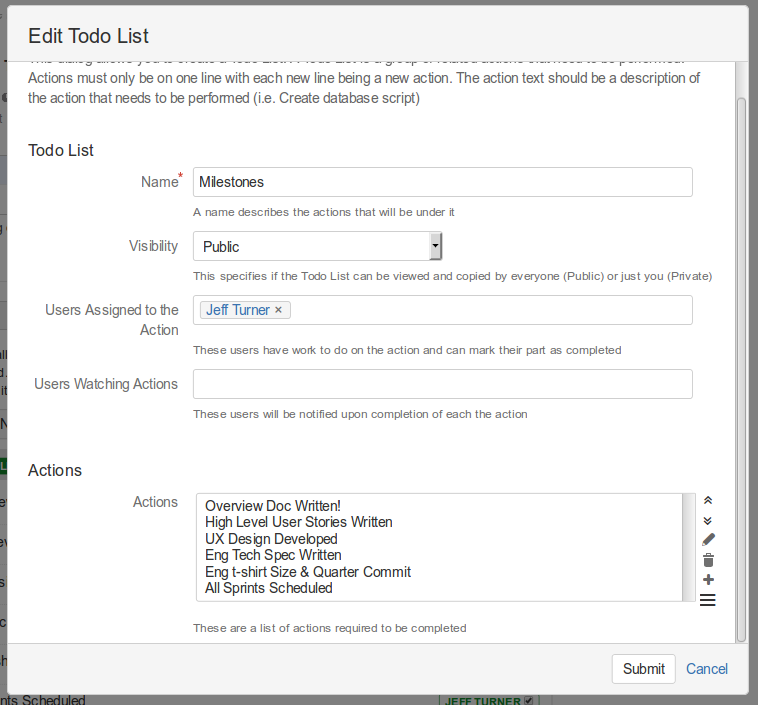

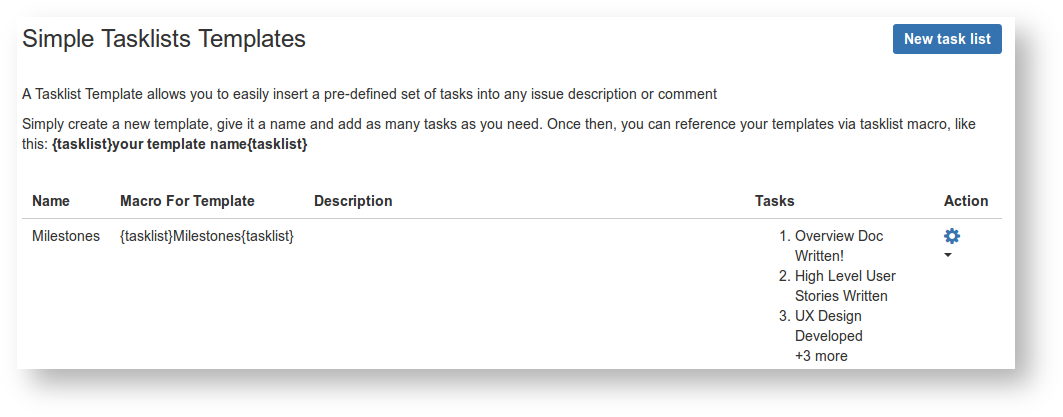



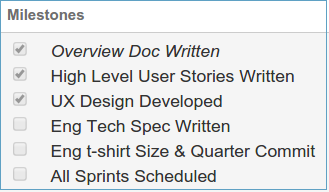
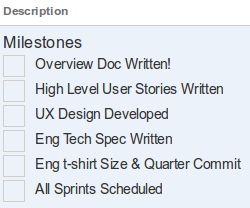
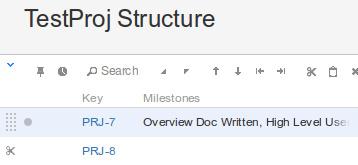
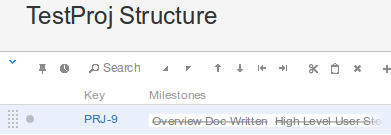
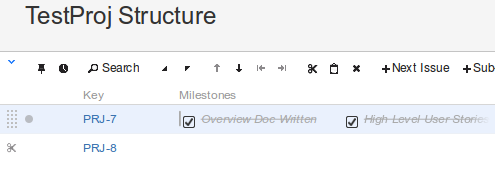
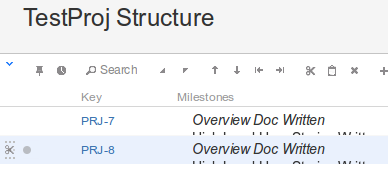

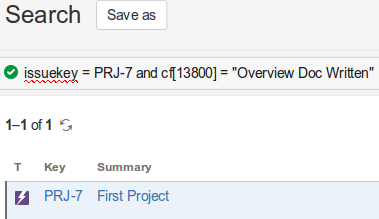
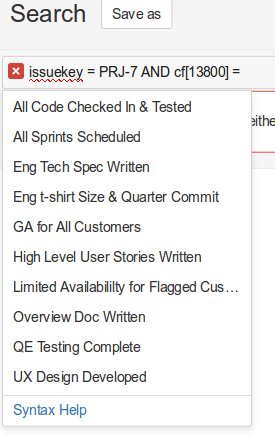
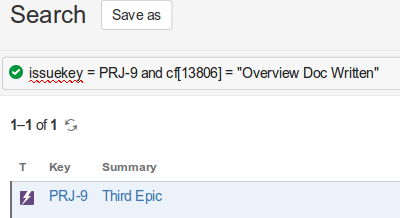
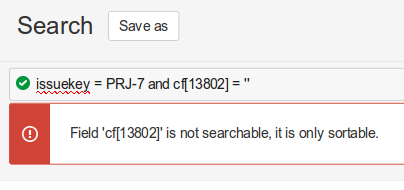
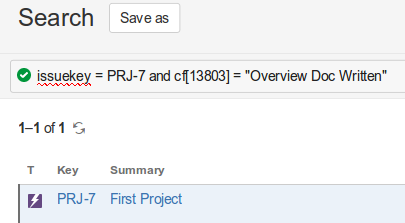
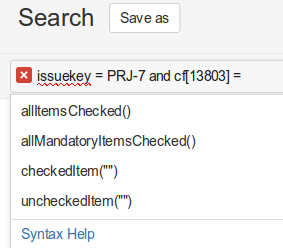
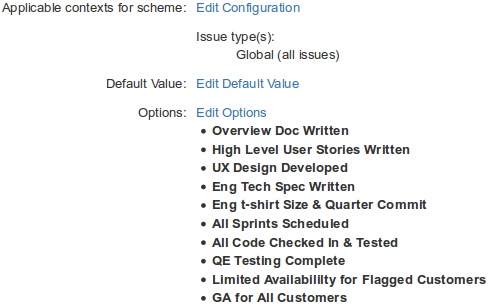
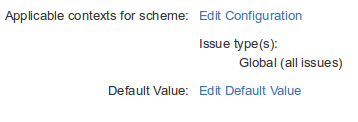
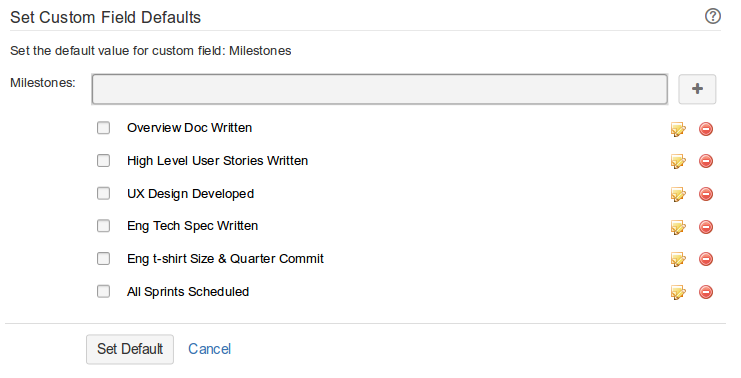
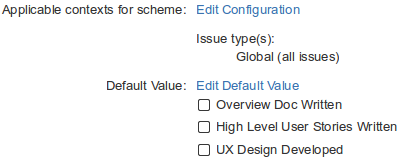
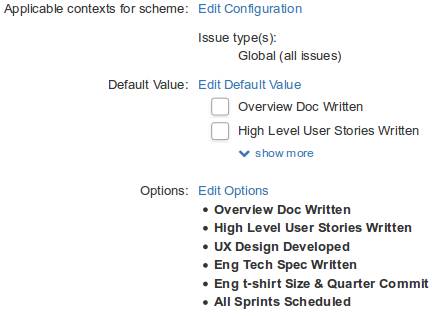
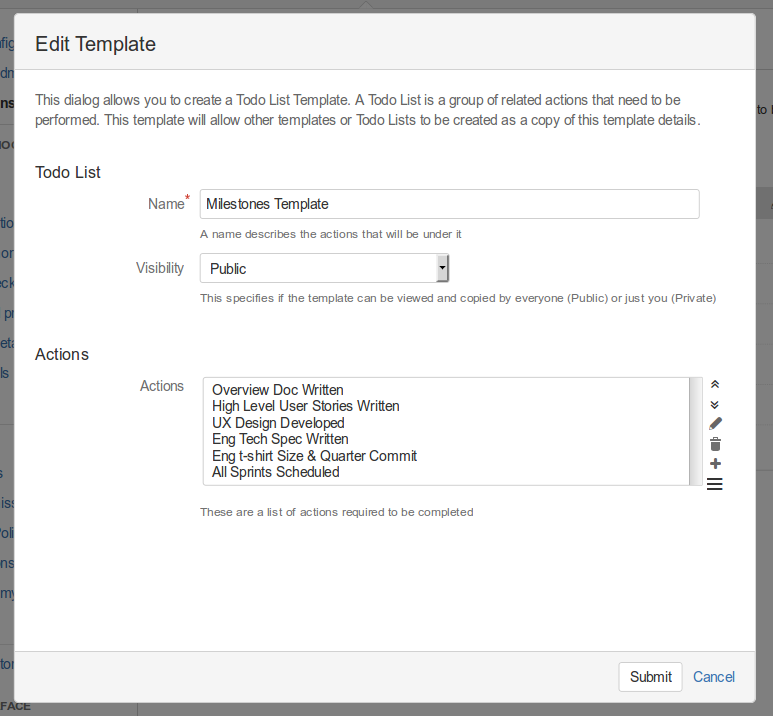
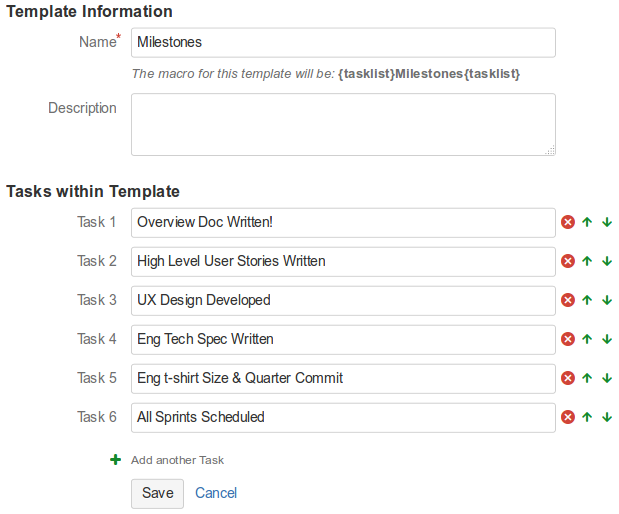
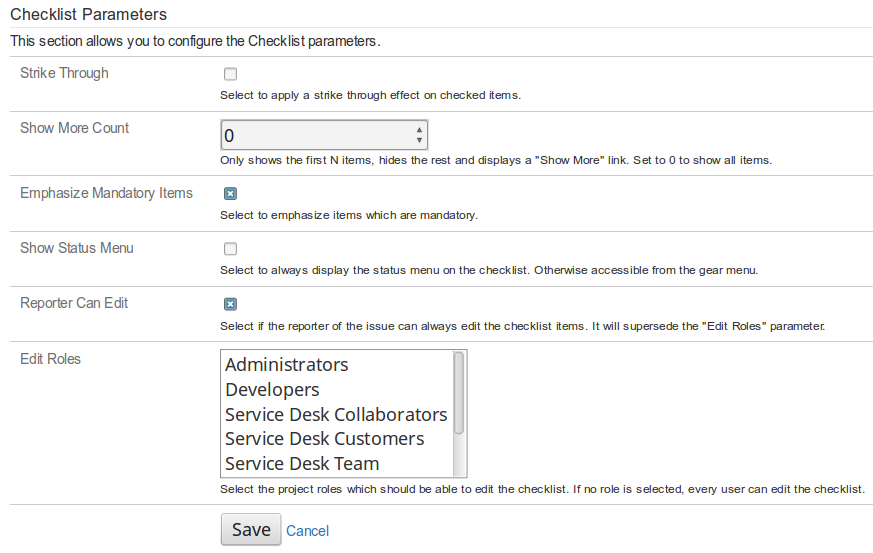
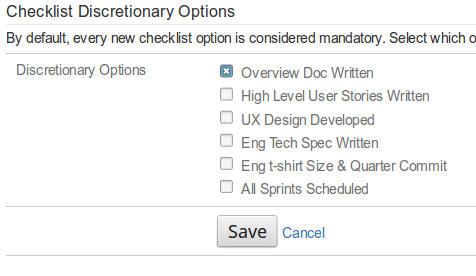
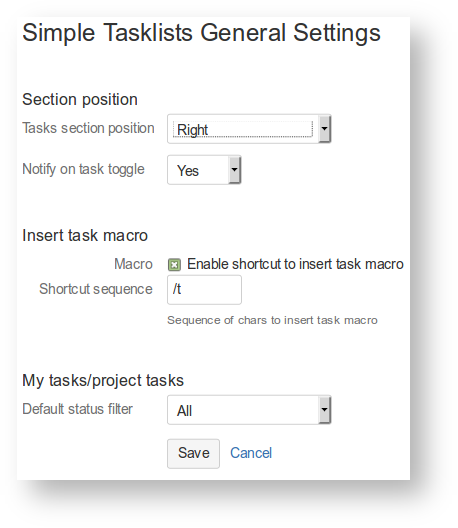

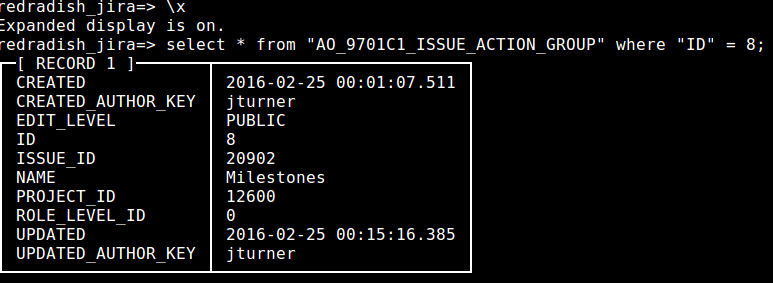


1 Comment
Jeff Turner
The Gebsun checklist plugin is cloud-only, and thus not relevant to me, but good to note its existence.